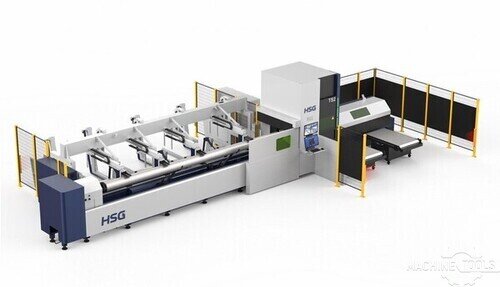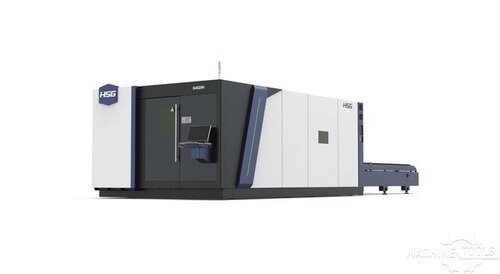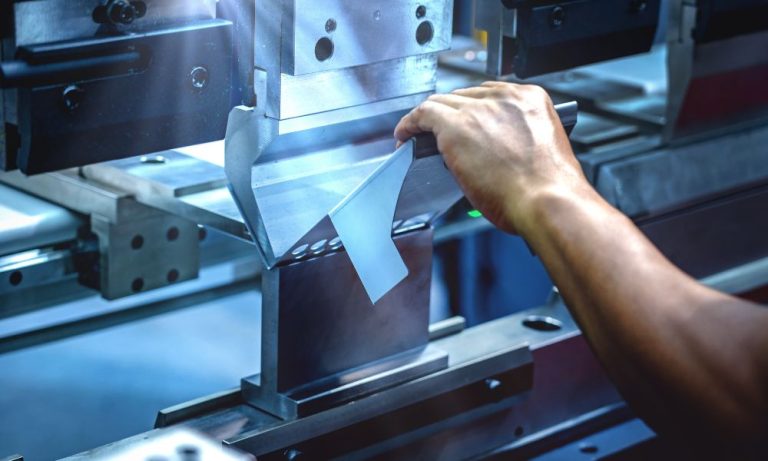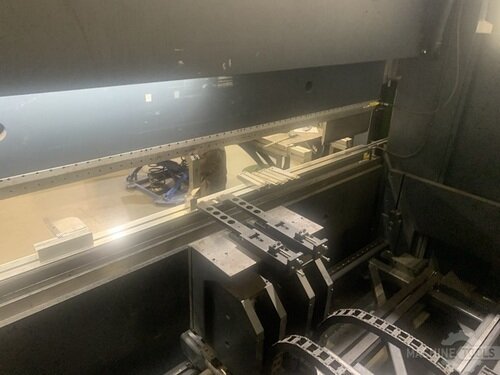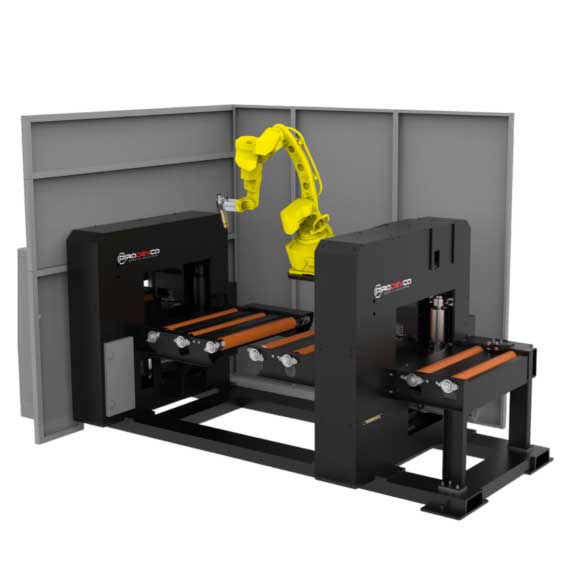When I meet with fabrication shop owners and production managers, I see the pressure they face to deliver thicker, higher-quality parts faster than ever before. As a Regional Sales Executive at Mac-Tech, I’ve spent years helping fabricators choose the right equipment to keep pace with customer demands and market shifts. Whether you’re upgrading from an older CO₂ laser or weighing the leap to the latest fiber technology, my goal is to provide honest, practical advice for maximizing your investment and streamlining your workflow.
Understanding the Unique Demands of Thick Plate Fabrication
Cutting thick plate steel, stainless, or aluminum is a different world from processing thin-gauge materials. Shops working with 1″ or even 2″ plate must balance speed, edge quality, and machine reliability. Heat buildup, dross formation, and cut consistency become critical factors that directly impact downstream operations like bending, welding, and finishing.
In this environment, even small gains in cutting speed or edge quality can translate to significant savings in labor and material handling. That’s why it’s essential to match your laser system’s power to your material mix and production goals. High-power fiber lasers have transformed what’s possible in plate cutting, but choosing between 20kW and 30kW systems requires a careful look at your shop’s specific needs and future growth plans.
Comparing 20kW and 30kW Plate Lasers: Real-World Productivity Gains
The jump from a 20kW to a 30kW fiber laser isn’t just about raw wattage—it’s about throughput, cut quality, and operational flexibility. In side-by-side shop tests, a 30kW system can cut 1″ mild steel up to 50% faster than a 20kW machine, depending on gas technology and cut parameters. For stainless and aluminum, the speed gains are equally impressive, especially on plate thicker than 3/4″.
However, speed isn’t the only metric. The 30kW machines also deliver smoother edges and reduce slag, which means less post-processing and better fit-up for welding. For shops running high volumes of thick plate, the reduced cycle times and improved cut consistency can add up to hundreds of hours saved per year. But for lower-volume or mixed-material operations, a 20kW system may offer plenty of capability without the higher initial investment.
Integrating High-Power Lasers with Press Brakes and Tooling for Seamless Operations
A high-powered laser is just one piece of the productivity puzzle. To truly maximize efficiency, it must integrate seamlessly with your press brakes, tooling, and part flow. The precision of a 20kW or 30kW laser means tighter tolerances on cut parts, which in turn demands equally accurate bending and forming equipment.
At Mac-Tech, we work closely with fabricators to ensure their laser, press brake, and tooling choices complement each other. For example, pairing a 30kW laser with an advanced press brake outfitted with automatic tool changers can eliminate bottlenecks and reduce setup times. Investing in smart software for nesting and part tracking further streamlines the process, ensuring that every thick plate part moves efficiently from cutting to final assembly.
HSG TS2 HIGH SPEED TUBE FIBER LASER CUTTING MACHINE
HSG 3015H 12KW
Calculating Total Cost of Ownership and ROI in Today’s Fabrication Market
The upfront price tag of a 30kW laser system is undeniably higher than its 20kW counterpart, but it’s critical to evaluate the total cost of ownership and long-term ROI. Factors like energy consumption, maintenance intervals, consumable usage, and operator training all play a role in the true cost per part.
For high-throughput shops, the productivity gains and reduced labor hours offered by 30kW machines often deliver a faster payback period, sometimes in as little as 18–24 months. Lower-volume operations may find that a 20kW system provides the best balance of capability and cost, especially if their work mix includes both thick and thin materials. The key is to model your unique production scenarios and consult with experienced partners who understand both the technology and your business goals.
Building Lasting Partnerships: Expert Guidance for Equipment Selection and Growth
Choosing between a 20kW and 30kW laser system is more than a technical decision—it’s a strategic investment in your shop’s future. At Mac-Tech, I make it a priority to offer one-on-one consultation, site visits, and detailed ROI analysis tailored to your specific needs. Our approach is to build lasting partnerships, supporting you from initial selection through installation, training, and ongoing optimization.
We understand that every fabrication shop has unique challenges, whether it’s tight delivery windows, complex part geometries, or the need to scale up for new projects. By working together, we can identify the right mix of equipment and workflow improvements to position your business for long-term success in a rapidly evolving market.
FAQ
What is the main advantage of upgrading from a 20kW to a 30kW laser for thick plate cutting?
The primary benefit is significantly faster cut speeds and improved edge quality on thick materials, leading to higher throughput and reduced post-processing.
Will a 30kW laser system increase my operating costs?
While energy use is slightly higher, the overall cost per part often decreases due to faster cycle times and lower labor requirements.
Can I use my existing press brakes and tooling with a new high-power laser?
In most cases, yes, but it’s important to ensure your press brakes and tooling can match the precision of your new laser system for best results.
How do I know if a 20kW or 30kW laser is right for my shop?
Analyze your material mix, production volume, and growth plans. A trusted equipment partner can help model ROI and recommend the best fit.
What kind of support does Mac-Tech offer after installation?
We provide comprehensive training, on-site service, and ongoing consultation to help you maximize your investment and adapt as your needs change.
Get Weekly Mac-Tech News & Updates

